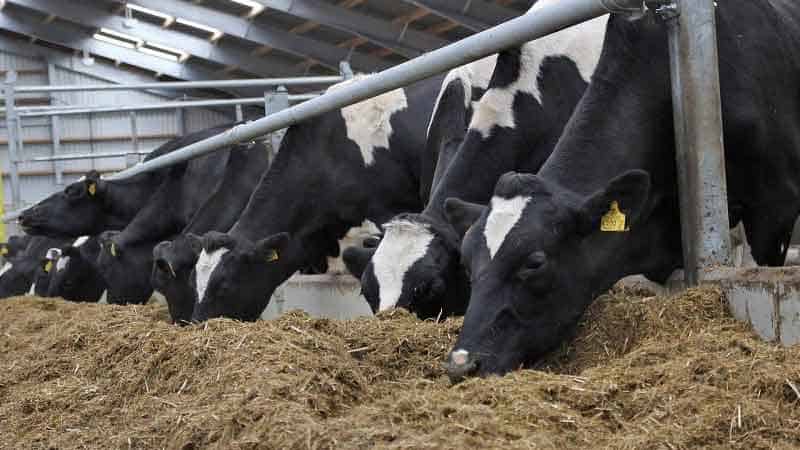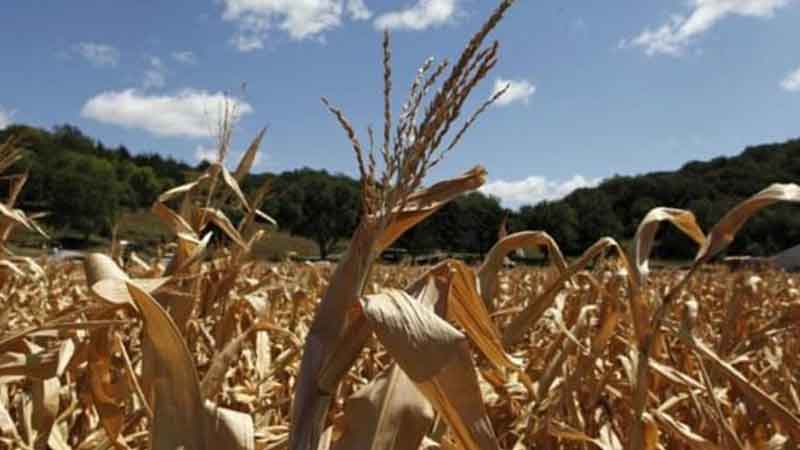Why Aquaponics?
In a world where so many of our food choices are either conventionally grown or genetically modified, it’s become increasing important to be conscious of where our food comes from and how it is grown.
We are all responsible for our own health
and what goes into our bodies ultimately dictates the life we will lead in the future.
The food choices we make also affect the planet. Animal agriculture, pesticides, and pollution from industrial farming has negative consequences for the environment that we inhabit.
As conscious, health-oriented people, it’s so important that we think of this every time we decide to purchase and consume food.
Fortunately, there is a solution that will allow us to more easily grow healthy food and preserve the environment - a solution that can be implemented by everyday people, farmers, governments, and corporations alike.
The solution is Aquaponics
Aquaponics is a self-sustaining food production ecosystem that combines Aquaculture (raising fish on land) with Hydroponics (growing plants without soil).
Simply put, fish and their waste provide fresh nutrients for the plants, which grow entirely in water. The plants naturally filter the water, which gets recirculated back to the fish, in a closed-loop system.
Here are four reasons why we need Aquaponics now more than ever:
1. Aquaponics is a win-win
By both raising fish and growing plants in the same self-sustaining, closed-loop system, a complete healthy food diet for human sustenance can be created in the same area, with less usage of space and resources than conventional farming.
2. aquaponics increases healthy, organic food supplies
Aquaponics is an incredibly versatile technology that can be customized or modified for any type of space, environment, or budget. It has the potential to create healthy, organic food all over the world - from at-risk communities in the outskirts of Cambodia to rooftops in affluent Singapore.
The population of the world in increasing, and so is the spread of a healthy mindset when it comes to food consumption. Aquaponics can provide the answer to both.
3. aquaponics is the ultimate green farming strategy
Farming with Aquaponics conserves water, energy and land. Here’s how:
Water
In an aquaponics system, plants help clean and filter the water where fish thrive - meaning a small amount of water goes a long way. Aquaponics uses 90% less water than traditional agriculture.
Energy
A properly maintained aquaponics system uses far less energy than conventional farming techniques. It also eliminates or drastically reduces food miles, which lowers greenhouse gas emissions.
Land
By growing both fish and plants together in the same compact system, Aquaponics uses 10x less space than growing via conventional methods. 71% of the Earth’s surface is habitable land, and 50% is used for agriculture and farming. By reducing the amount of space dedicated to agriculture and farming, we help preserve our natural environment.
4. aquaponics saves time
Aquaponics crops and fish mature to harvest readiness 60% faster than when using traditional methods of farming. This means more people can be be fed faster, and more regularly. With aquaponics, there are no more long months of waiting for harvests while people go hungry.
World's issues aquaponics is helping
We are struggling with potentially devastating ecological problems.
Many are the result of animal agriculture - the most destructive industry threatening our planet.
It is responsible for over 51% of greenhouse gas emissions, mass deforestation and species extinction - at an alarming rate of 110 species per day.
Here are the issues aquaponics is addressing:

Greenhouse Gas Emission
Greenhouse Gas Emission
Mass Deforestation
Mass Deforestation
Overfishing the Oceans
Overfishing the Oceans
Water Scarcity
Water Scarcity
Overpopulation
Overpopulation


